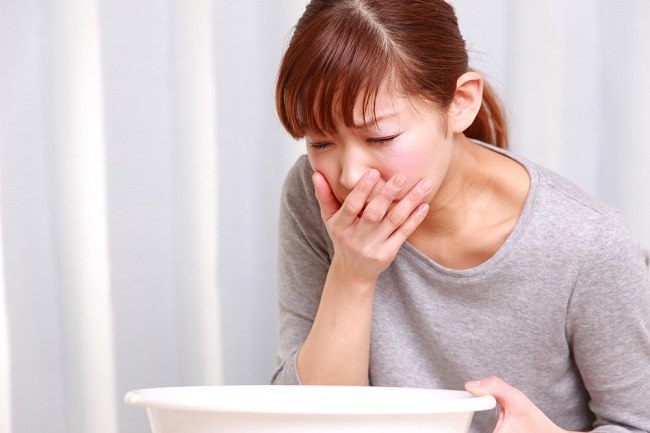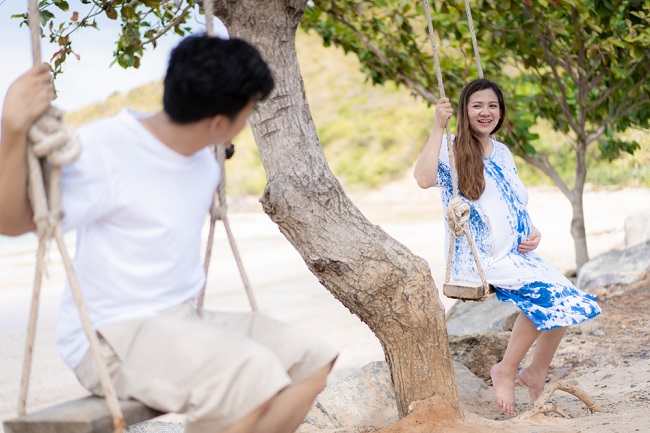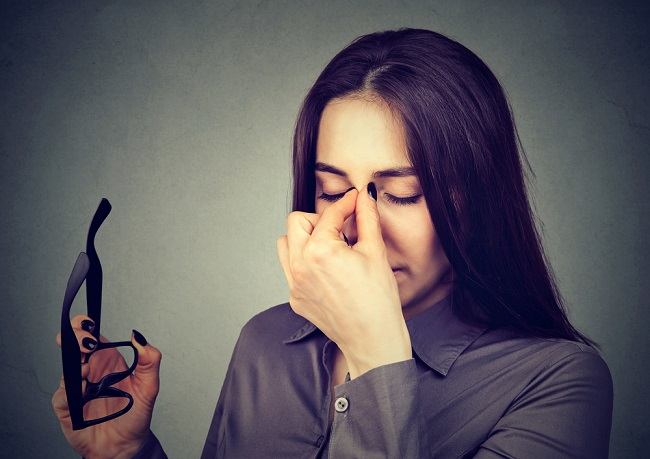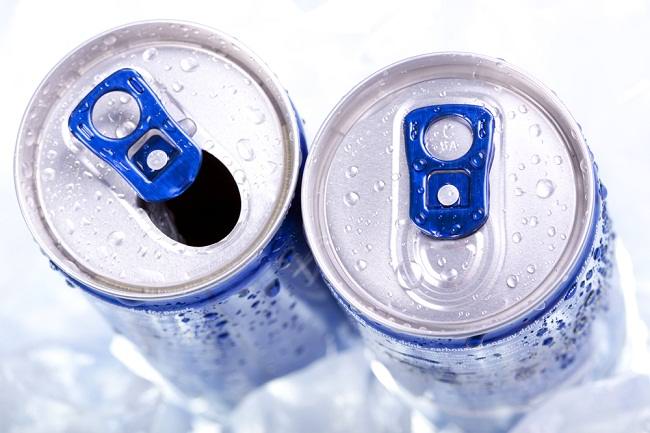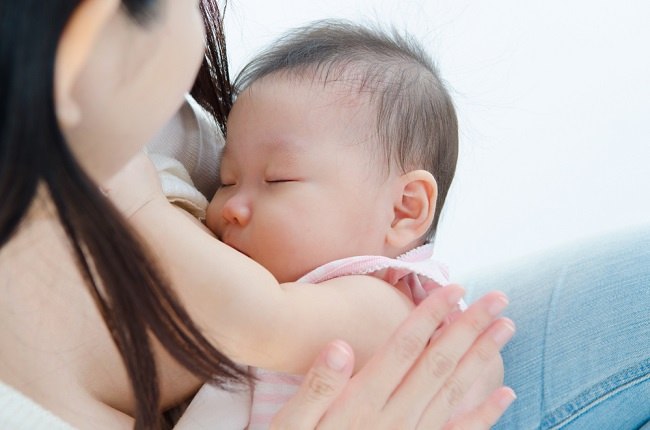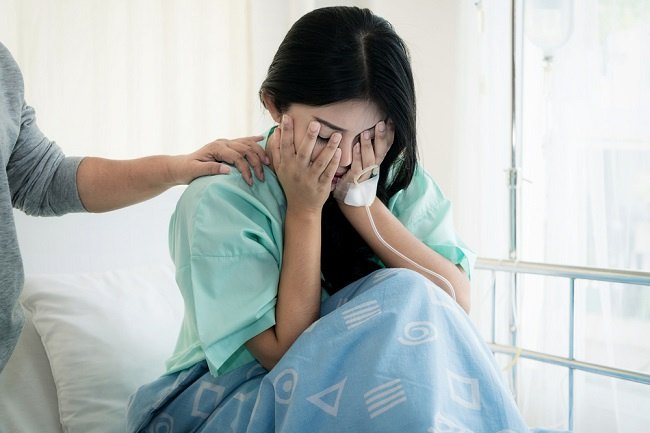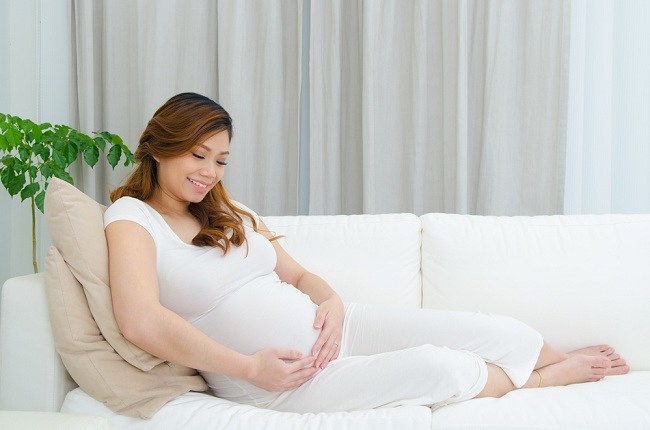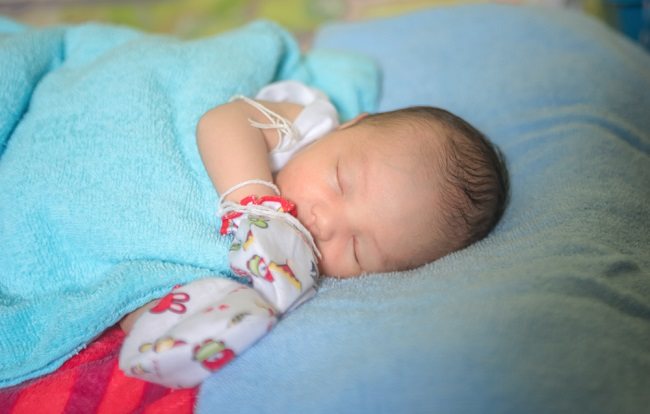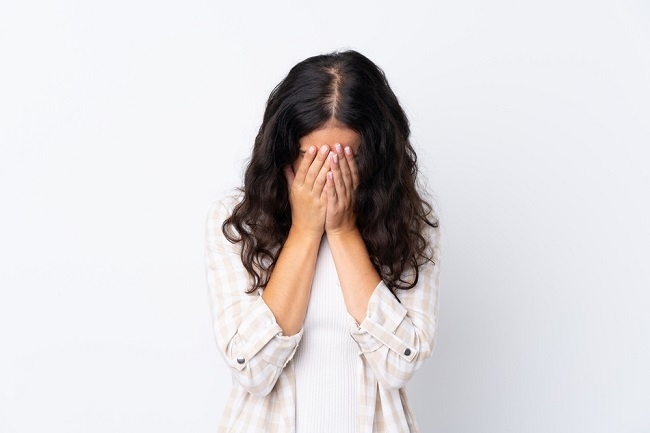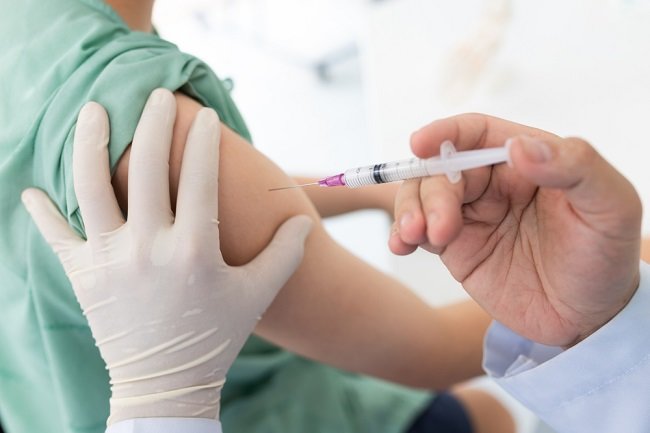Chickenpox is a highly contagious disease in both children and adults. Children can get chickenpox when they are in close contact with someone who is infected with this disease. To prevent it, it is necessary to give the chickenpox vaccine in children.
Chickenpox is a disease caused by the varicella-zoster virus. If a child is exposed to this disease, he will experience various symptoms such as fever, headache, and a rash or red spots filled with clear fluid will appear on his skin. These spots can make the child feel itchy, so he will be more fussy.

Fortunately, the risk of children contracting chickenpox can be reduced by giving the chickenpox vaccine or varicella vaccine. The chickenpox vaccine is made from the attenuated varicella-zoster virus.
After being injected into the body, the weakened varicella-zoster virus will stimulate the child's immune system to form antibodies that can fight these viruses. Because it has been weakened, the virus in the chickenpox vaccine cannot cause infection.
The Right Time to Give Chickenpox Vaccine
The Indonesian Pediatrician Association (IDAI) recommends giving the chickenpox vaccine once when children are 1–13 years old. However, this vaccine is more effective when given before children enter primary school age, which is under the age of 6 years.
If the new chickenpox vaccine is given when the child is more than 13 years old, it must be given twice. The second dose of chickenpox vaccine will be given within 1 month after the first dose of chickenpox vaccine.
In general, the chickenpox vaccine is safe to give to children. However, the chickenpox vaccine is not recommended for children who have certain conditions, such as:
- Allergy to gelatin or antibiotics neomycin
- Suffering from certain diseases, such as cancer or autoimmune diseases
- Just received a blood transfusion
- Have a weak immune system, for example due to congenital disorders, HIV infection, or side effects of chemotherapy
The Importance of Giving Chickenpox Vaccine
The chickenpox vaccine has been shown to be effective in reducing the risk of children contracting chickenpox. Even so, this vaccine can not 100% prevent chickenpox.
Children who have been given chickenpox vaccine can still get chickenpox, it's just that the risk of getting this disease is much lower than children who don't get chickenpox vaccine.
In addition, when exposed to chickenpox, children who have received this vaccine will usually experience milder symptoms, such as fewer spots or no fever, and the healing process will be faster.
Not only that, giving chickenpox vaccine is also important so that children avoid the dangerous complications of smallpox, such as:
- Pneumonia
- Severe infection or sepsis
- Dehydration
- Toxic shock syndrome
- Encephalitis
- Smallpox (herpes zoster) later in life
Know the Side Effects Chickenpox Vaccine
After being given the chickenpox vaccine, your child may experience some side effects, such as pain and swelling at the injection site, fever, weakness, or a rash on the skin. However, these side effects usually go away within a few days.
In certain cases, children who get the chickenpox vaccine can have a high fever until a febrile seizure appears. However, these side effects are very rare.
In general, the benefits of giving the chickenpox vaccine far outweigh the disadvantages caused by its side effects. Therefore, mothers are advised to take their little ones to the pediatrician to get vaccines on schedule, including the chickenpox vaccine.
